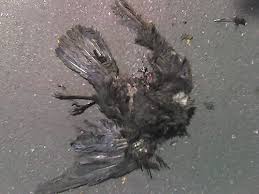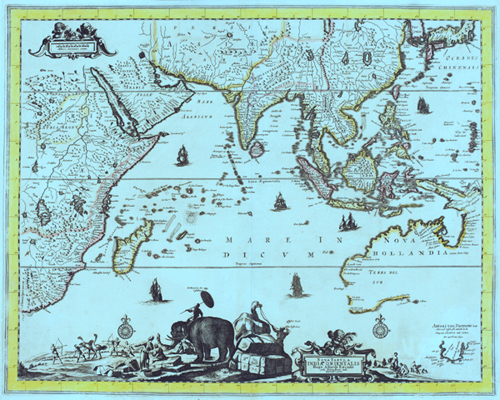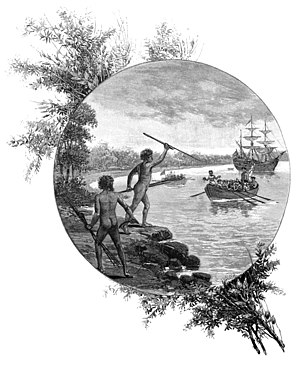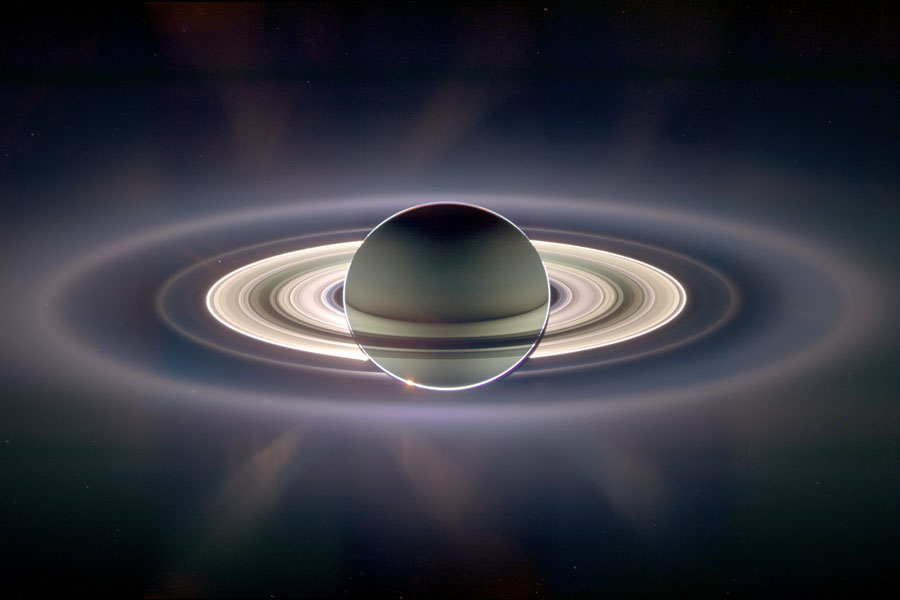People shiver, birds dropKevin Fagan,Justin Berton, Chronicle Staff Writers Tuesday, December 8, 2009 (12-08) 14:20 PST SAN FRANCISCO -- Everyone going to work felt it, homeless people felt it more, and some birds felt it so much they died. Tuesday inflicted the coldest morning of the year on the Bay Area - a record-setter in some parts - and any living thing breathing frosty air was either miserable or an unusually enthusiastic fan of the brisk outdoors. "I don't know how we can take another night like last night," said 57-year-old Eddie Hensley, huddled under a blanket in an alley near Sixth Street in San Francisco in the still-chilly afternoon. "That was the coldest I can remember. Thought I would freeze solid right here on the sidewalk." Hensley and his girlfriend shivered beneath three blankets Monday night, but someone stole them after the couple woke up and went off to find food. They managed to find one blanket as a replacement, but with evening approaching they weren't hopeful of more. Daytime in San Francisco warmed to just 47 degrees as Hensley lay on the sidewalk, but that was at least an improvement from the 27 degrees reported at Golden Gate Park early Tuesday by private forecaster Mike Pechner. The blast of frigid air led to record-tying lows for a Dec. 8 at Moffett Field in Sunnyvale (31 degrees, equaling a mark set in 1994) and San Rafael (28, tying the record set in 1972). The official low for San Francisco was 38, 4 degrees above the record for the date |
Read more: http://www.sfgate.com/cgi-bin/article.cgi?f=/c/a/2009/12/08/BA1F1B11C6.DTL&tsp=1#ixzz0ZAlAVWLv
 |  | WORLD'S LARGEST FRIDGE:Australian scientists navigate around Antarctic ice sheets. New sample data and satellite information show that the ice mass is getting colder, not warmer as had been previously thought.
|
I am no expert in climate change. Being 77 years old I can remember extreme weather conditions all my life, both in Australia where I spend the first thirty years, Canada where I have been principally domiciled since, and in the Philippines where I lived sporadically over twenty years.
I have not noticed any appreciable difference during this time. When I was a young boy I used to swim in Brown's Creek an offshoot of the Georges River Sydney. I remember the approximate size.
Looking on Google Earth I do not see that the size of this little creek has increased due to global warming, warm water expanding or anything else.
My house in Dagupan, Pangasinan Philippines, seems to be about the same place near the river bank of the Dawal River, though maybe the land is slowly slipping into the river, because it is after all, just mud.
I have not noticed it is any harder to breath because of increased CO2 levels in the air in the last 77 years.
If CO2 has increased at all, how much exactly percentage-wise is the increase and how long will it be before it affects animals breathing air? So far there seems to be no difference.
I used to have a cottage in the Laurentian Mountains north of Montreal. The winters were always severe and so far there has been no hint of global warming that I know of.
They say the northern ice sheet is melting in Arctic Canada. Well, is that because of global warming caused by human activities? Reading history, I found that Greenland used to be warmer, when Eric the Red went there from Iceland and a few hundred years later Greenland turned cold again and could not support the farming necessary for European occupation..
That was before industrialisation and the utilization of petroleum.
I read somewhere else that erupting volcanoes have a much greater influence on supposed global warming than human activities.
There have been reports that mean average temperatures on earth have not increased in ten years. Also I read that the Antarctic is becoming colder, despite calving of ice shelfs, which have always happened.
I wonder if sea plankton, which absorb most of the CO2 emissions together with land algae will not increase their biomass and deal with any increase of carbon emissions. Do not trees grow better with more carbon dioxide and won't they increase in numbers to offset any CO2 increase?
Finally, why is there such alarm?
Maybe sunspot activity is the cause of declines and increases in the earth's weather.
Is there much we can do about this? After all mankind survived through many severe ice-ages and eras of global warming before. Are we less capable of surviving now? Of course there are many more human beings in the world and perhaps it is time for natural causes to thin us out. I hope that will occur with as little pain or distress as possible. (Ric)
...................................................................................................................
World Population Counter and other World Statistics:

















 View More Images
View More Images






+copy.jpg)






















































.jpg)



























 G
G







.jpg)
















No comments:
Post a Comment